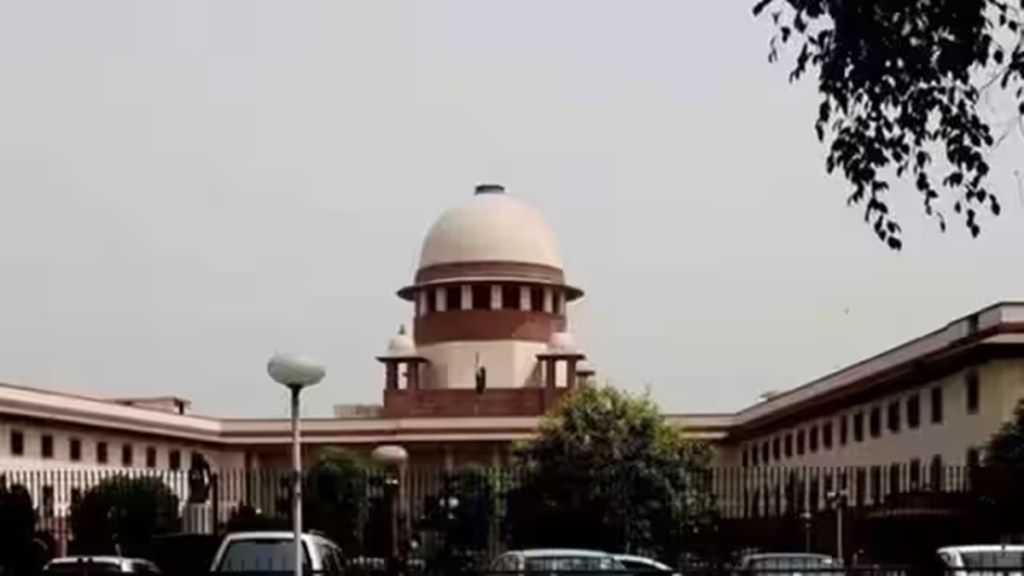Congress leader Jaya Thakur has filed a plea before the Supreme Court seeking to he directions of the court for a quick rollout of the Women’s Reservation Bill which was unanimously passed by both houses in September 2023, in light of the upcoming Lok Sabha elections in 2024.
Last month, the President of India, Droupadi Murmu, gave her assent to the Women’s Reservation Bill, which had received unanimous approval from both houses of Parliament, turning it into an Act.
Also Read:Women’s Reservation Bill: A big shift towards gender equality
The petition filed seeks to nullify the clause stating that the bill will be implemented “after the delimitation is undertaken for this purpose after the relevant figures for the first census.” Instead, the plea calls for the immediate enforcement of the bill.
“In the democratic process, all corners of the society’s representation is required, but for the last 75 years, there is no adequate representation of women in the parliament as well as in the State Legislature. This is long pending demand for decades and the parliament rightly passed the above act for 33 per cent reservation but putting the clog that the said act will be implemented “after the delimitation is undertaken for this process after the relevant figures for the first census” Which may kindly be declared as ” void -ab-initio”, for immediate implementation of the 33 per cent women reservation” the plea states.
Also Read:Women’s Reservation: Is BJP’s claim of ‘women empowerment’ just big talk?
The plea highlights that the constitutional amendment should not be delayed for an uncertain period, particularly since the bill was passed in a special session convened for this purpose and had received unanimous support from both houses of Parliament.
What is Women Reservation Act 2023?
The One Hundred and Sixth Amendment of the Constitution of India, officially known as the Constitution (One Hundred and Sixth Amendment) Act, 2023, and informally referred to as the Women’s Reservation Bill ( Nari Shakti Vandan Adhiniyam), was introduced in Lok Sabha on September 19, 2023 during the special session of Parliament. This legislation seeks to allocate 33 per cent of the seats in the directly elected Lok Sabha and state legislative assemblies for women.
According to The Constitution (One Hundred and Twenty-eighth Amendment) Bill 2023, “as nearly as may be, one-third (including the seats reserved for women belonging to the Scheduled Castes and Scheduled Tribes) of the total number of seats to be filled by direct election to the House of People shall be reserved for women.”
“Notwithstanding anything in the foregoing provision of this Part or Part VIII, the provisions of the Constitution relating to the reservation of seats for women in the House of People, the Legislative Assembly of State, and the Legislative Assembly of the National Capital Territory of Delhi shall come into effect after an exercise of delimitation is undertaken for this purpose after the relevant figures for the first census taken after the commencement of The Constitution (One Hundred and Twenty-eighth Amendment) Bill 2023 have been published, and shall cease to have effect on the expiration of a period of 15 years from the date of such commencement,” the Bill states.

